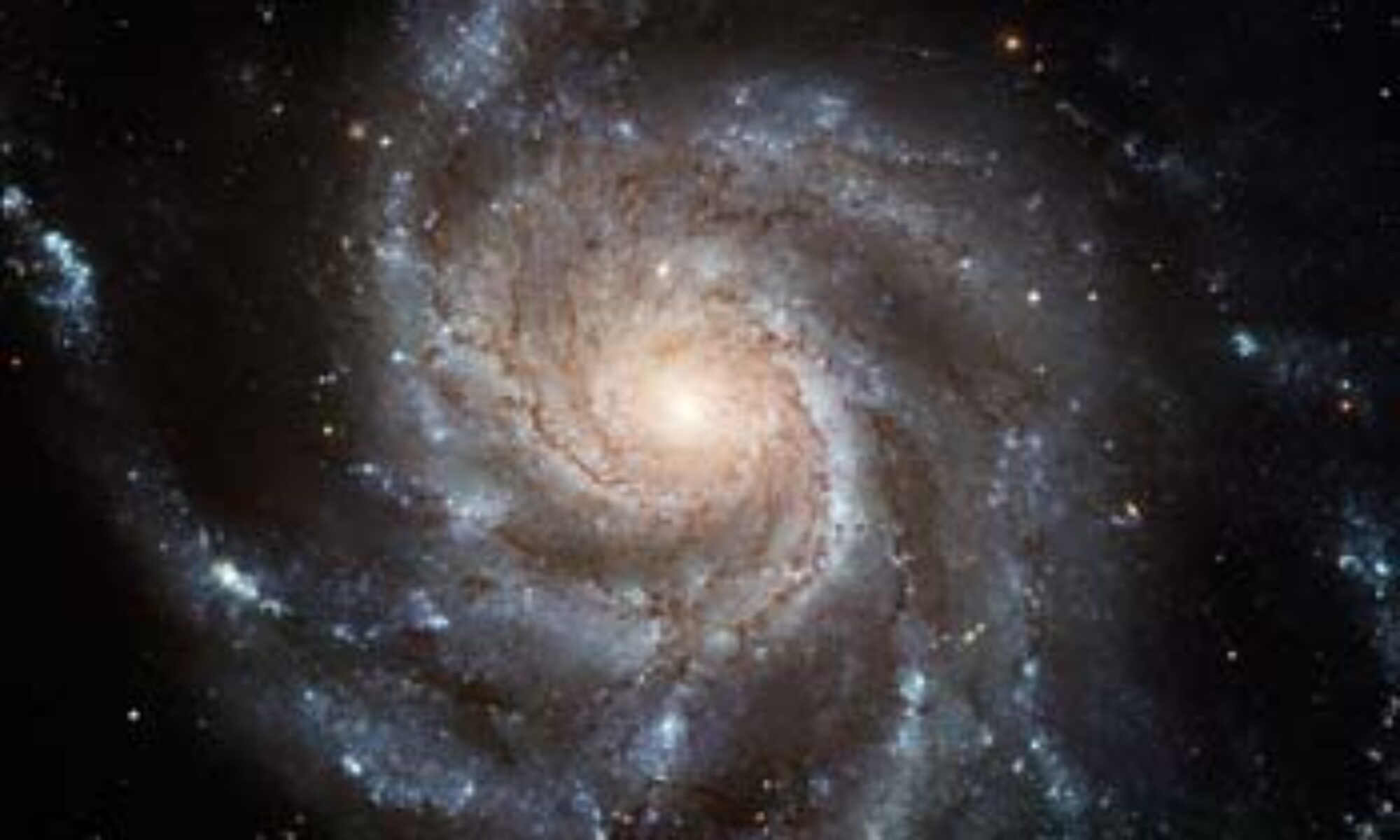Last Saturday I listened to the speakers at the March for Our Lives in Washington, D.C. on the radio. I laughed, I cried, I clapped my hands to one, four, and ten. I tried to sing along to “We Will Shine.” I wasn’t there, but I joined the march where I was.
I have marched before, for women, for Black Lives Matter, and many years ago for the Civil Rights Movement, and over, and over again during my long life for the end of some particular war. Marches have brought me hope, which is probably why the climax of my mystical fantasy novel, The Earth Woman Tree Woman Quartet, is a march by a group called One Earth Together that is joined by people all over the earth. Each group has its own song, its own particular story, and its own Tla Twein. (See my last post, Exploring Your Tla Twein).
For instance, an “island nation” is described:
“… another group swept in, a deep red and black sparkling with bright colors pouring into the amphitheater like lava from a volcano, their island song flowing like an undercurrent through the songs of the others.
We are the land in the sea, sun cooled by sea breeze.
Bright blossoms, many-colored joy,
mirrored in darting fish, corals, and anemone,
in the depths of the clear blue sea.
We come from our creator-destroyer,
fierce goddess, dark beauty,
erupting in fire from the deep,
flowing in red-yellow rivers,
pouring in black writhing smoke,
building our soft gentle island
our land in the sea.
Protect our island. Protect our sea.
Come, our tempestuous island goddess,
pour your fierce love,
fierce and fiery love, into me.
We come from creation-destruction.
In death, new life will be.
We risk death in defiance.
A sacrifice, so Gaia can be freed.
As they sing their songs they are swept up to Ninas Twei, the mystical world of the Dance of Life, the place where all the species dance together to ensure the continuance of life on earth.
You can join in singing and dancing one of these climatic songs by going to http://earthwomantreewoman.com/index.php/arise/ The words are:
Arise, arise, Open your heart!
Open your heart to the Dance of Life.
Arise, arise, Open your eyes!
See the world in the Dance of Life.
Beat your feet
To the beat of your heart!
Dance the Dance of Life!
Peace, peace, Laughter and dance!
Joy and life for us all.
Sing your tears, Sing your fears,
Defy oppression through the years,
Dance the Dance of Life!
Arise, arise, Open your heart!
Open your heart to the Dance of Life.
Arise, arise, Open your eyes!
Dance the Dance of Life!
Read more about the Dance of Life in The Earth Woman Tree Woman Quartet available at Amazon and Barnes and Noble and through independent book stores everywhere.
Want to know more about your Tla Twein? (see last post, Exploring Your Tla Twein) If you live in the San Francisco Bay Area I am holding a workshop where we can explore our Tla Twein through dance, song, art and poetry on April 28th from 2-5 pm in Oakland. Contact me at connie@deephum.com for more information.

